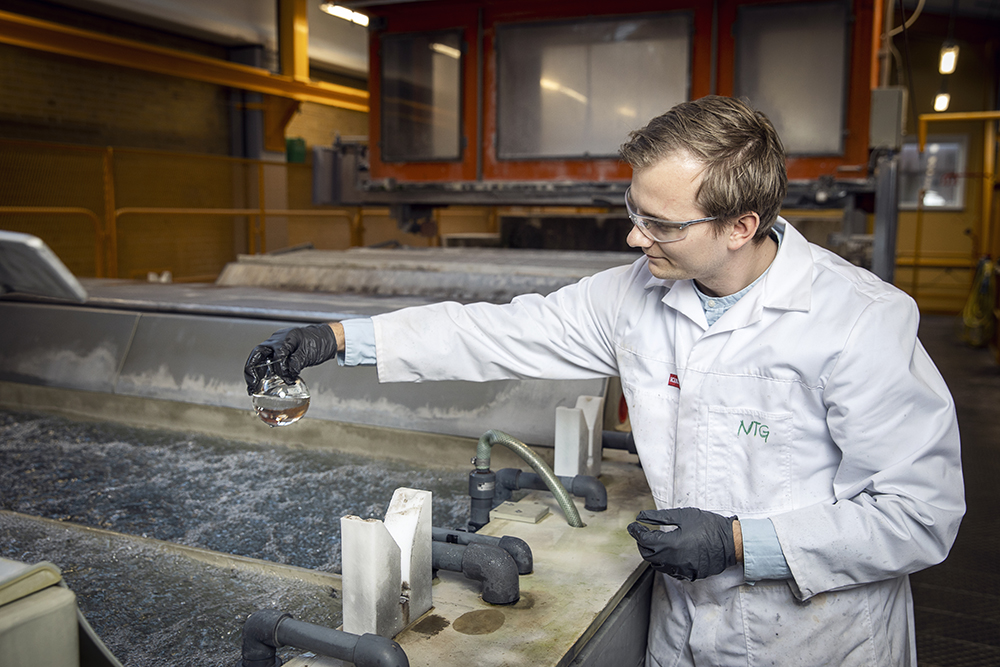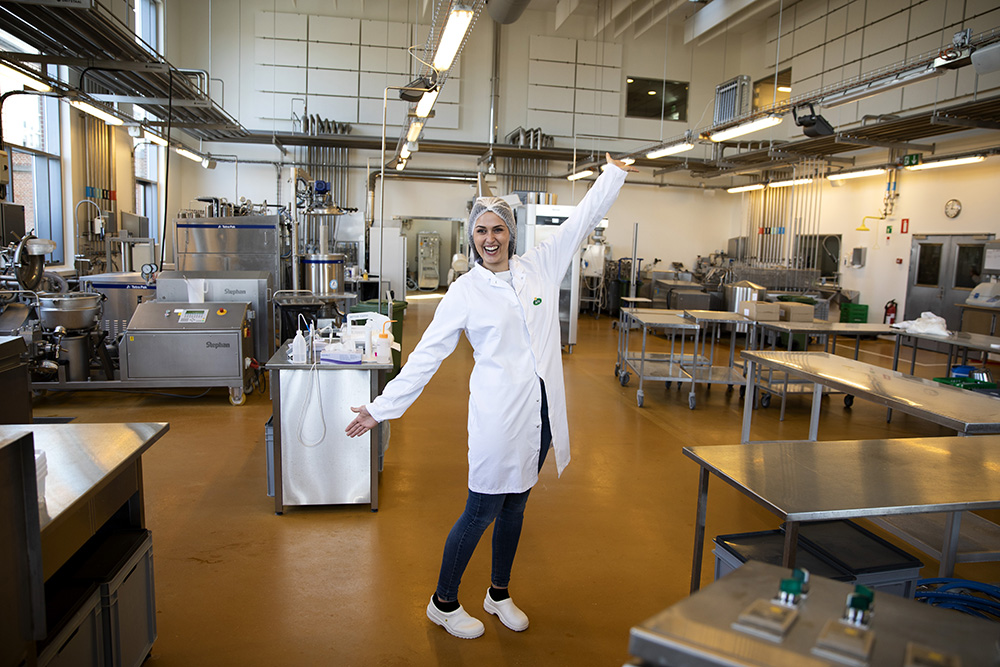
Danish companies are increasingly basing their core business on technology and digital solutions. At the same time, they are in the midst of global competition, where access to knowledge and well-qualified labour determines their potential for growth.
This presents new opportunities for the interplay between the university and the business community, and engineering interns can play an important role in this context.
“We must transfer knowledge created at the university to benefit society and especially to benefit private and public-sector companies,” says Kurt Nielsen, vice-dean for business collaboration and public-sector consultancy at the Faculty of Technical Sciences at Aarhus University.
He mentions increasing demand for interns from companies throughout Denmark and continues:
“We’re experiencing very high interest for interns from many different companies, showing that advanced technology businesses need close links to innovation and research environments. A one-semester collaboration can initiate a long-term partnership, even with small companies without a tradition for innovation, as they can get new in-house competences.”
The Danish tech company, ReMoni, manufactures sensors to monitor resource consumption in buildings and production systems, and every year the company asks for engineering interns from Aarhus University.
The interns are involved in various project teams and contribute to development activities.
They generally come to us with a high level of knowledge. This means that we can use them to develop solutions to many different issues. But we also use the interns to test possibilities in the early stages of an innovation process without having to invest too many resources. This is very valuable for us,” says Bo Eskerod Madsen, CEO at ReMoni.
Behind the yellow walls at Aarhus University, work is always underway to create a good match between interns and companies. All Bachelor of Engineering programmes have internship coordinators with an open door to business and industry.
“For us, the interns are a unique opportunity to reach out to different types of companies in many different sectors, which we might otherwise never get in contact with,” says Kurt Nielsen.
An internship agreement can often be the first step in a long-term collaboration, which can also include Bachelor’s and Master’s projects and perhaps develop into joint research and innovation projects. The vice-dean stresses that there are mutual benefits from having interns in companies for half a year.
“We get a lot in return. Both internships and project collaboration are extremely important for our students. Through an internship, students get valuable experience that helps them to professionalize their work and also gives them insight into their future work life. Aarhus University benefits from having a very large interface with the business community and insight into the trends and challenges faced by companies,” he says.
